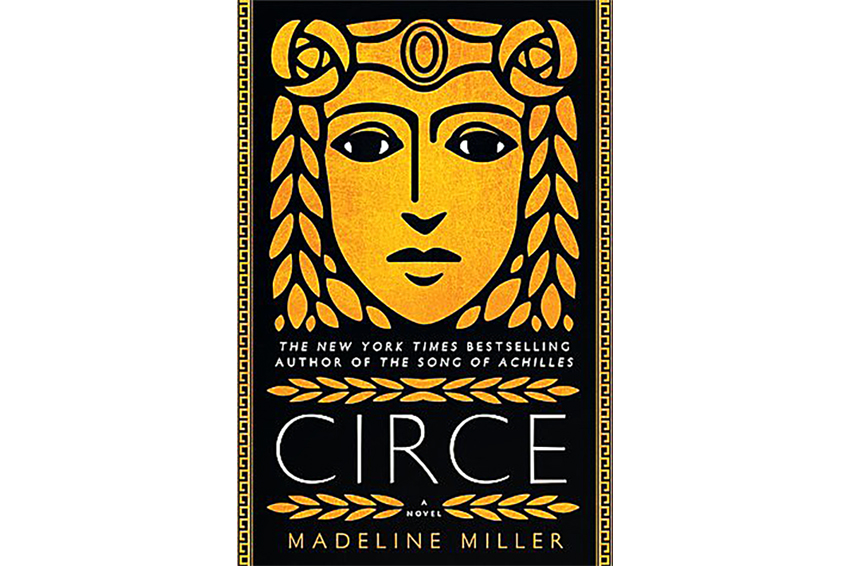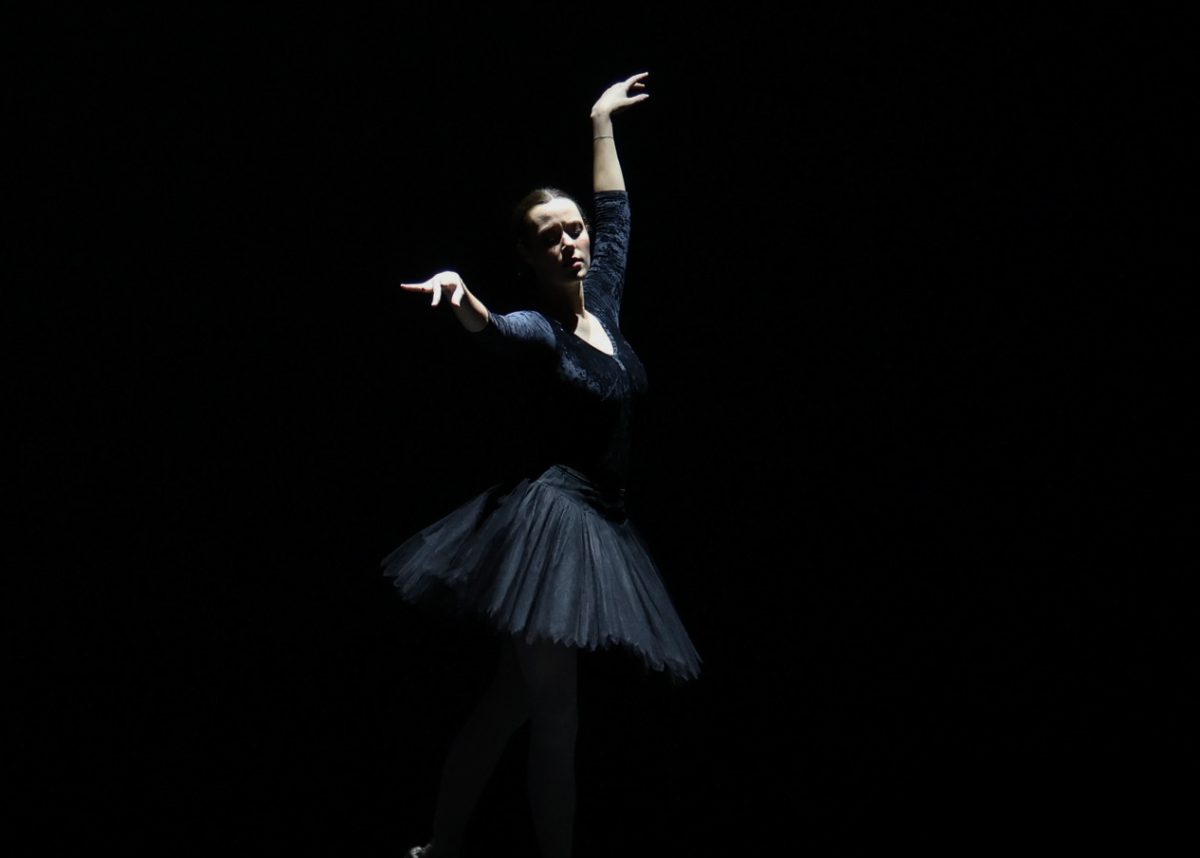Between its beautiful bronze covers, “Circe” contains Madeline Miller’s ode to powerful and resilient women.
“Circe” is Madeline Miller’s second novel and the spiritual sequel to her highly acclaimed retelling of “The Illiad,” through “The Song of Achilles.” The novel reinvents “The Odyssey” through the eyes of a sorceress, Circe, who garners little attention in the story’s original adaption. Choosing Circe as both her narrator and main character, Miller allows for the story of Odysseus’ journeys to play on in the background, woefully avoiding telling the same story dozens before her have tried to reinvent.
In the classic epics of Homer, Circe is a power-hungry and greedy sorceress confined to her lonely island, known for turning men to pigs in her free time for the simple pleasure of watching them suffer. In Miller’s adaption, Circe is simply a woman trying to find her place in a world that does not seem to want her. Torn between the world of gods and the world of mortals, Circe’s exists with unparalleled loneliness and longing before she is exiled to become the all-powerful sorceress known in Homer’s epics.
It may be Miller’s extended knowledge in classics that allows her to completely take the reins on the story of Circe. She’s created an entirely new myth on the mere bones that Homer’s epics had given her. Though the story is new, her myth is just as enchanting and captivating as the ones that Homer sang centuries before. Miller writes Circe with such a fierceness that is it hard not to fall in love with the character and blow through the book in a matter of hours.
Whereas the tale of Circe lacks the action and dramatic plot found in “The Song of Achilles,” Miller’s character and world-building make up for it. No one in their right mind should be able to relate to the story of a young goddess whose life resembles virtually nothing of their own, in a world that is wholly fictional, but Miller pulls it off. The way in which Miller weaves Circe’s hopes and desires feels so effortlessly human that you find yourself forgetting that she is a work of centuries-old fiction.
While Miller focuses her myth on a female character, she does not shy away from revealing how women were viewed and treated in classical mythology, at one point even having Circe muse that “humbling women seem(ed) to be a chief pastime of poets.” Miller’s examples of sexism are not glaring or always completely obvious — they thread through the background and lurk just around the corner. The injustices of Circe’s life do not eclipse her narrative, and they are rarely addressed outside of Circe’s own musings, if at all. Miller’s subtle but ever-present nod to the misrepresentation of women in Greek mythology gives the book an edge of self-awareness that it would otherwise lack.
“Circe” is a smash hit of a book, and Miller’s lyrical prose remains just as breathtaking and effortless as it was in “The Song of Achilles.” My only hope is that Miller will live long enough to rewrite every old epic sung by men who were too dismissive of women to ever rightfully immortalize them.





















